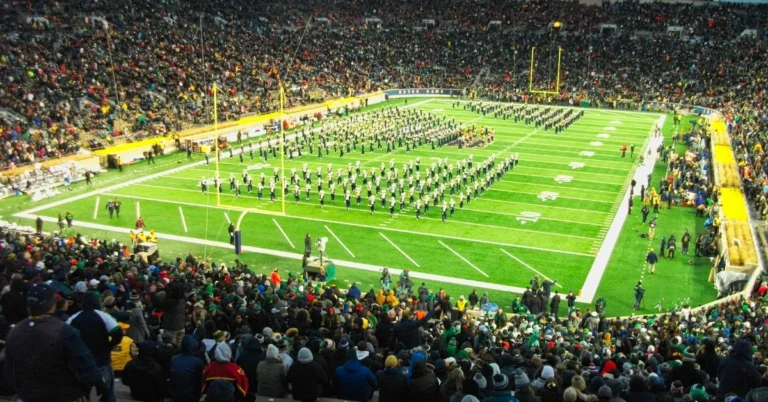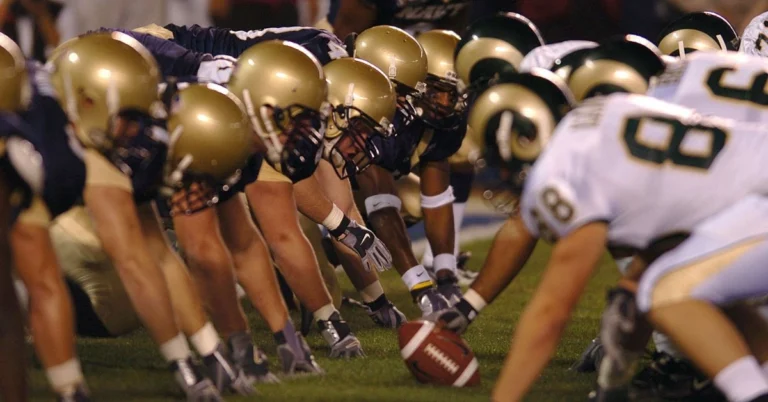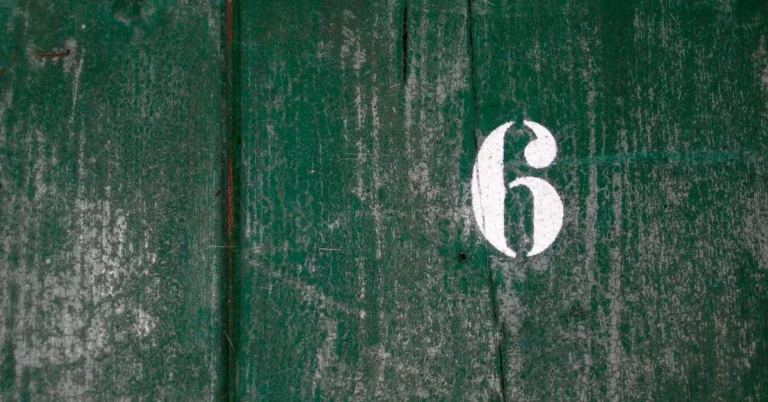Vault Opener NYT Crossword Clue: MASTER IT!
Mastering the Vault Opener NYT Crossword Clue: Tips & Strategies
The New York Times Crossword is a favorite among puzzle enthusiasts. It often features clever wordplay and tricky hints, making solving crossword clues a challenge. One common crossword puzzle clue that appears in various forms is “Vault Opener.”
At first glance, this hint may seem simple. However, NYT Crossword clues are rarely straightforward. The answer depends on the NYT Crossword theme, difficulty level, and wordplay techniques used by the puzzle constructor.
In crossword puzzles, words often have multiple meanings. For instance, “vault” can refer to a bank vault, a strongroom, or a tomb. It can also relate to gymnastics terms in crosswords, such as pole vaulting or leaping over hurdles.
Similarly, “opener” could mean a key, a passcode, or a tool used to unlock something. Sometimes, it hints at the first letter of a word or phrase, a starting point in a sequence, or even a metaphorical opener.
To solve NYT Crossword puzzle clues effectively, solvers must recognize crossword answer patterns and constructor techniques. These techniques include abbreviations, synonyms, and puns. Understanding them can help in solving crossword puzzles quickly and accurately.
This blog post will explore different meanings of vault-related crossword hints, discuss common NYT Crossword answers, and provide crossword solving tips and strategies to help you become a better puzzle solver.
| Aspect | Fact | Figure/Examples |
|---|
| Meaning of “Vault” in Crosswords | “Vault” can refer to various things like secure storage, a leap in sports, or a tomb. The meaning depends on context. | Bank Vault: Safe, Strongroom, Crypt Gymnastics: Leap, Spring, Hurdle |
| Meaning of “Opener” in Crosswords | “Opener” refers to something that starts or unlocks, such as a key, a code, or a first letter of a word. | Key, Password, Lever, First Letter (“V” for Vault) |
| Common Answer Types (Word Length) | Answers can vary in length, from short (1-4 letters) to medium (5-7 letters) to long (8+ letters). | Short: “V”, “KEY”, “SAFE”, “DOOR” Medium: “LEVER”, “SPRING”, “LOCKER” Long: “PASSWORD”, “SPRINGBOARD”, “COMBINATION”, “ACCESS CODE” |
| Common Answers for Vault-Themed Clues | Common answers for “vault” themed clues often relate to items or terms used for securing or unlocking vaults, safes, etc. | Short: “KEY”, “SAFE”, “DOOR” Medium: “LEVER”, “SPRING”, “LOCKER” Long: “PASSWORD”, “COMBINATION”, “ACCESS CODE” |
| Wordplay in Crossword Clues | Wordplay is crucial, as clues may play on multiple meanings or abbreviations. | Example: “Springboard” (relating to gymnastics vaulting) Example: “COMBINATION” (related to bank vault combination locks) |
| Crossword Solving Strategies | Key strategies include breaking down clues, checking word length, using crossing letters, recognizing wordplay, and using crossword-solving tools. | Strategy 1: Break Down Clue Strategy 2: Check Word Length Strategy 3: Use Crossing Letters Strategy 4: Use Crossword Tools (Apps, Dictionaries) |
| Impact of Crossing Letters | Crossing letters from other completed clues can provide important hints, helping to narrow down possible answers. | Example: If “V” is the first letter of the answer, and you already know that the answer is 3 letters long, you might consider “KEY” or “DOOR.” |
| Common Vault-Related Clue Answer Types | Different lengths of answers help with solving clues: short (1-4), medium (5-7), and long (8+ letters). | Short (1-4 Letters): “V”, “KEY”, “SAFE” Medium (5-7 Letters): “LEVER”, “SPRING”, “LOCKER” Long (8+ Letters): “PASSWORD”, “SPRINGBOARD”, “COMBINATION” |
Understanding the Meaning Behind Vault-Related Clues
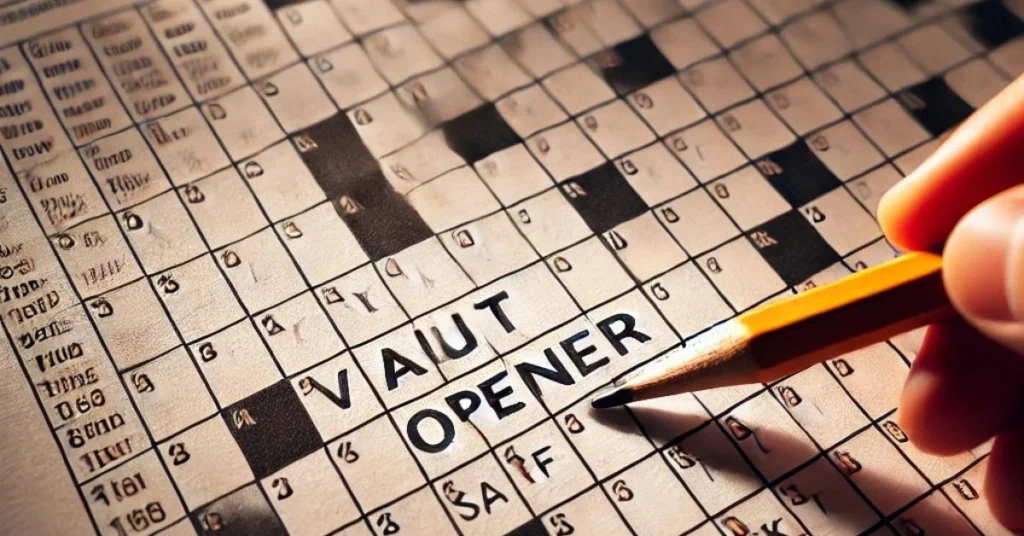
What Does ‘Vault’ Mean in Crossword Puzzles?
The word “vault” has several meanings in the NYT Crossword. It can describe a secure storage area, like a bank vault or a strongroom. It can also mean a type of jump or leap, as seen in gymnastics and pole vaulting.
Many crossword puzzle answers use synonyms. For example, a puzzle might use “vault” to suggest words like “safe,” “strongroom,” or “crypt.” In other cases, “vault” could hint at words like “leap,” “spring,” or “hurdle.”
When solving a puzzle, checking NYT Crossword themes helps. If the puzzle relates to banking or security, the answer may involve a lock or combination. If the theme is athletics, the answer could be about jumping or sports terminology.
What Does ‘Opener’ Mean in Crossword Puzzles?
In crossword clue breakdowns, “opener” usually refers to something that starts or unlocks. It can be a key, a code, a passphrase, or even the first letter of a word.
For example, a one-letter crossword answer might be “V”, representing the first letter of “vault.” A longer answer could be “KEY,” “LEVER,” or “HANDLE,” all tools used to open secured spaces.
Some NYT Crossword answer explanations reveal wordplay. Sometimes, “opener” can refer to the first event in a series, like a season opener in sports or a password that grants access. Looking at crossword solving techniques can help narrow down the best answer.
How Wordplay Affects Vault-Themed Crossword Clues
Many NYT Crossword constructors use double meanings or tricky phrasing. For example, a storage-related clue might not be literal. Instead, it could be a pun, abbreviation, or synonym for something else.
If the puzzle is sports-themed, the answer could be “SPRINGBOARD” since it helps an athlete vault or jump. If it’s banking-related, the answer might be “COMBINATION” or “PASSWORD” because these help unlock safes.
Understanding crossword solving strategies is crucial. The length of the answer and crossing letters provide valuable hints. Being flexible with interpretations will make solving much easier.
Common Answers for Vault-Themed Crossword Clues
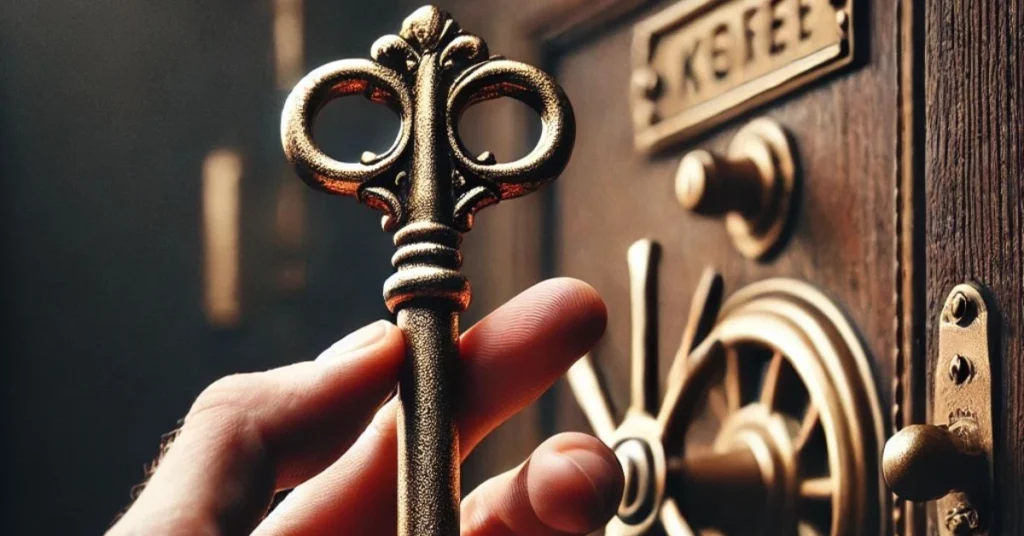
Some NYT Crossword puzzle answers appear frequently. Below are the most common solutions and how they fit different clues.
Short Answers (One to Four Letters)
- “V” – First letter of “vault”
- “S” – Short for “Start,” meaning an opener
- “KEY” – A common tool used to unlock secured areas
- “SAFE” – A storage place similar to a vault
- “DOOR” – The first thing you open before entering a vault
Medium-Length Answers (Five to Seven Letters)
- “LEVER” – A tool used to open locked or heavy doors
- “SPRING” – Related to vaulting in gymnastics or jumping
- “LOCKER” – Similar to a vault, used for secured storage
- “HANDLE” – Something you turn or pull to open a vault
Longer Answers (Eight or More Letters)
- “PASSWORD” – Used to unlock digital vaults
- “SPRINGBOARD” – Used in sports to assist with vaulting
- “COMBINATION” – Refers to a lock combination on a safe
- “ACCESS CODE” – A security feature for vaults
Solving Strategies for Vault-Related Crossword Clues
To improve your crossword solving techniques, consider these crossword puzzle-solving strategies:
- Break Down the Clue – Think about all possible meanings of “vault” and “opener.”
- Check Word Length – The number of spaces can eliminate some answers.
- Use Crossing Letters – Filling in nearby answers can reveal useful letters.
- Look for Wordplay – Puns and figurative language are common in NYT Crossword clues.
- Use Crossword Tools – Online crossword dictionaries and solver apps can help when you’re stuck.
By following these NYT Crossword-solving methods, you can solve tricky NYT Crossword clues more easily. Over time, recognizing crossword clue patterns will become second nature.
Conclusion
In conclusion, solving crossword clues related to terms like “vault” and “opener” requires more than just a basic understanding of the words themselves. The key to cracking these tricky clues lies in recognizing the different meanings these words can take, depending on the puzzle’s theme and wordplay techniques. By familiarizing yourself with the common answers and strategies used in the NYT Crossword, such as breaking down clues, focusing on word length, and being mindful of possible puns or abbreviations, you can greatly improve your puzzle-solving abilities. With practice, what initially seems like a challenging clue can quickly become an opportunity to exercise your crossword-solving skills and enhance your enjoyment of the puzzle.
What does the word “vault” mean in a crossword puzzle?
The word “vault” can refer to various meanings, such as a secure storage space (e.g., a bank vault), a type of jump (e.g., pole vaulting), or even a crypt or tomb. The interpretation depends on the theme of the puzzle and the surrounding clues.
How can I recognize an “opener” clue in crosswords?
An “opener” often refers to something that starts or unlocks something. It can be a key, a code, a handle, or even the first letter of a word. Be sure to consider the context of the puzzle to determine the appropriate answer.
What are some common answers for vault-related crossword clues?
Common answers for vault-related clues include “KEY,” “SAFE,” “LOCKER,” “LEVER,” “PASSWORD,” and “COMBINATION.” These all relate to things that help secure or unlock vaults, safes, or similar spaces.
How do wordplay and puns affect crossword clue solutions?
Wordplay and puns are frequently used in crossword puzzles, especially in NYT puzzles. For example, the clue might play on multiple meanings of a word (like “vault” referring to a leap in gymnastics) or use abbreviations and metaphors. Being aware of these possibilities will help in deciphering clues.
How can I improve my crossword-solving skills?
To improve, practice regularly, use crossword tools (such as dictionaries or solver apps) when needed, break down clues into smaller parts, and focus on the word length and crossing letters. Over time, you’ll become more adept at recognizing patterns and clue constructions.
What is the importance of crossing letters in solving crossword clues?
Crossing letters from other completed answers can provide vital hints, especially for tricky clues. They help narrow down possible answers and often reveal the right solution more quickly. Always use them to your advantage!
What should I do if I get stuck on a clue?
If you get stuck, try to reframe the clue from a different perspective. Think about alternate meanings, synonyms, and possible wordplay. If necessary, consult crossword-solving apps or online dictionaries to find helpful hints.



